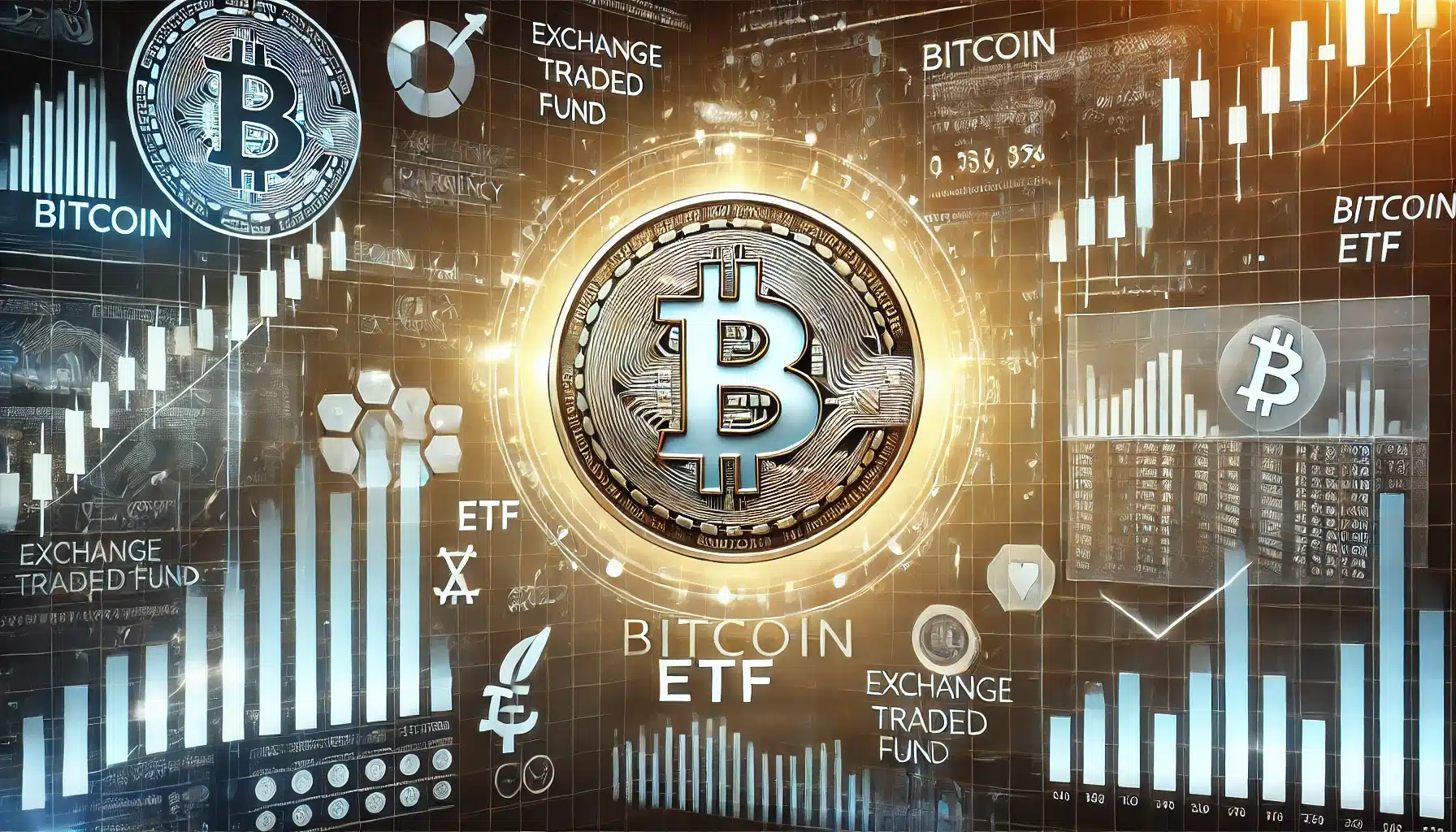Complementing the FSC’s efforts to increase Taiwan’s investment space for professional investors, crypto sources report that approval has been given for them to invest in foreign digital asset ETFs. The decision, which was made and announced on Monday, is meant to expand the opportunities of investment while maintaining some levels of risks accompanying virtual assets.
Taiwan’s regulator is now doing both sides concerning the potential gains and large risks attached to such activities by setting high standards and conducting an appropriate suitability test for worthy investors.
Taiwan’s regulator opens up the door to Digital asset ETFs
As part of its reforms to support the domestic brokerage industry, Taiwan’s Financial Supervisory Commission (FSC) has finally allowed professional traders to invest in foreign digital asset ETFs through sub-brokerage. As per the FSC, the main aim of this brokerage is to provide professional investors with wider opportunities for investments. However, the commission knows all the risks related to such assets and has established several severe conditions to protect investors.

“The FSC recognizes the importance of professional investors who seek to invest in higher risk products, and to this end, the FSC is keen on ensuring that only those who meet the required standard are allowed to undertake such investments,” the regulator said on its website. Before offering any digital asset ETFs, securities firms that engage in these trades must set up a system for evaluating the appropriateness of clients.
Strict Guidelines for Professional Investors
Only accredited investors, as defined by the professional investor regime of Taiwan, will be permitted to invest. They consist of institutional investors, high net-worth investors, other qualified funds, and some sophisticated investment entities based on the provided criteria. When entering into any transaction, the brokerage firm is mandated to confirm that the client is well-versed in and experienced in virtual asset investments.

The process also includes further measures for non-institutional clients. They have to fill out and sign a very detailed risk acknowledgement form as a first step before using the service. In addition to this, firms are required to pass on certain information concerning the product to the client before making any transactions with him. It is particularly important for professional people as it safeguards their ability to understand the risk involved.
Also, training meetings on digital assets products will be conducted more frequently and compulsory for all employees of the brokerage firm. The FSC further pointed out that constant training is a way of ensuring compliance with the set high standards in order to guard investors’ interests.
Balancing Risk and Opportunity
Although Taiwan’s Financial Supervisory Commission has been trying to introduce more foreign digital asset ETF Fund access, they are also being careful. One of the major issues facing regulators all over the globe today is the price fluctuation of tokens, and the same applies to Taiwan. FSC’s decision to allow only professional investors into this market is bearing wisdom of moderation along with innovation.

The FSC pointed out that the securities firms need to do everything to assess the ability of their clients to invest in such high-risk products for them only to invest in such products with high and suitable competence. “Proprietary suitability reviews are not just a rubber stamp but a requirement that verifies whether clients can really undertake such sophisticated investment,” the FSC spokesperson added.
Taiwan’s regulator is not the first one to take this approach, as similar guidelines have been approved in many other jurisdictions around the world. Relaxation of sub-brokerage for digital asset ETFs is consistent with Taiwan’s strategies of liberalizing its financial markets for the purpose of competing effectively internationally.
Conclusion
This move is an opportunity for Taiwan, but also a kind of risk control to allow professional investors to invest in foreign digital asset ETFs. The FSC also hopes for investor protection by having strict investor suitability observation and disclosure of risks concerning financial sector innovations.
While the digital asset ETFs market is gradually maturing in the global market, Taiwan’s action may lead to more innovations in this field, especially for professional investors who are looking for more investment products. Nevertheless, as the FSC plans to carry out the examination continuously, as well as hold relevant training sessions, Taiwan is gestating itself for a leadership role in the process of making careful investments in digital assets. Keep following TheBITJournal and keep an eye on digital asset ETFs
Follow us on Twitter and LinkedIn, and join our Telegram channel to be instantly informed about breaking news!





























